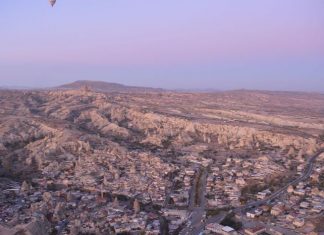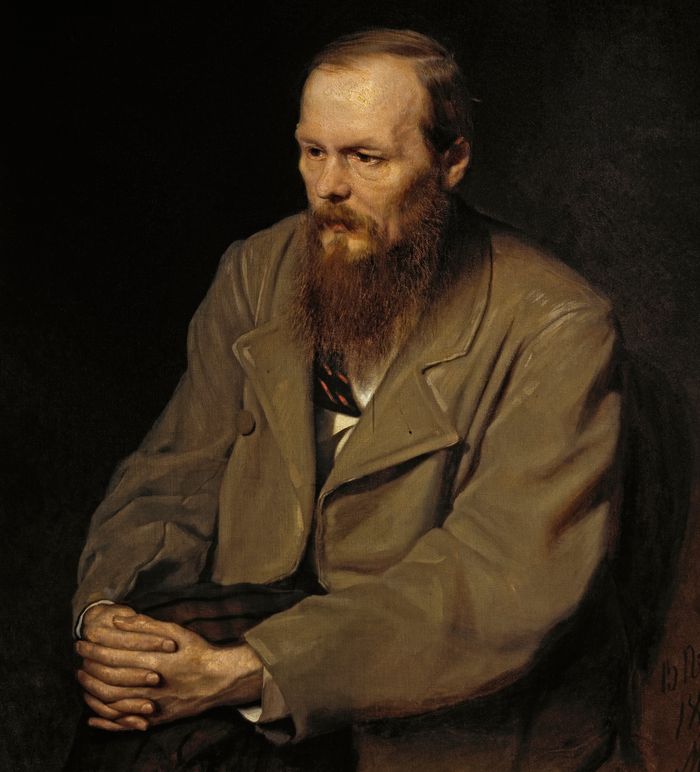Home Blog
Bulgaria as a Totalitarian and Socialist State
Bulgaria today is not only a country ruled by a totalitarian political system based on a proletarian dictatorship. It is also officially described as...
Religion Under the Communist Constitution
Article 78 of the Communist Constitution declared a separation between church and state. At first glance, this may appear to be a modern and...
Equality and Liberal Principles of the Tirnovo Constitution
The democratic character of the Tirnovo Constitution is clearly shown in Article 57. This article stated that all citizens were equal before the law....
The Journey to Delphi
Routes to Delphi
Traveling to Delphi in ancient times was not an easy task. From Thebes, one could go westward on a difficult journey that...
Demosthenes Life and Death
Early Life and Career
Demosthenes was the son of a wealthy furniture-dealer in Athens. Born into privilege, he received a good education and later became...
Socrates Life and Trial
Early Life and Background
Socrates was born in Athens in 469 B.C. His father was a sculptor, and Socrates himself also learned this craft. For...
Black Sea Coast Bulgarian
History, Nature, and Culture
The Black Sea coast Bulgarian region is one of the most attractive parts of the country. Stretching for more than 350...
Bulgarian Settlements
Traces of History and Culture
The story of Bulgarian settlements is closely linked to the history, culture, and geography of the country. Bulgaria, located at...
Bulgarian Civilization Values
A Cultural Legacy
The history of the Balkans is full of rich traditions, deep cultural roots, and powerful civilizations. Among them, Bulgaria holds a special...
A Royal Rejection
Princess Xenia’s Insult to King Alexander
King Alexander and Queen Draga would surely feel deep embarrassment if Prince Mirko were selected as the future heir...













